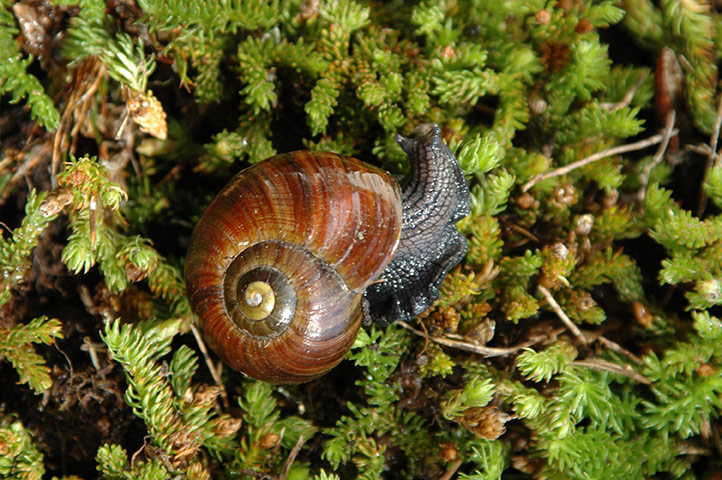TOP STORIES
Whales shot after tragic stranding of 65-strong pod in New Zealand
Conservation workers have been forced to shoot the surviving members of a pod of pilot whales which became stranded on tidal flats in New Zealand after it became clear there was no chance the marine mammals would survive.
The pod of 65 whales, up to five metres long, became stranded nearly three kilometres offshore near the tip of Farewell Spit in Golden Bay, located at the northern end of South Island. The whales were discovered on Monday night by a tour operator. At that time 21 were already dead.
The remote location meant rescuers were unable to help the marine mammals and authorities hoped the survivors might refloat on the afternoon tide yesterday, but in fact they moved closer to the shoreline.
Six more died overnight, and with no other options Department of Conservation area manager John Mason said the remainder of the group would be humanely put down. "They hadn't moved overnight, they were all pretty much in the same position, so we've made the decision to euthanase the surviving 18," he told the Nelson Mail.
16 Nov 2011
Location: Farewell Spit, New Zealand - Map It

>>> FULL ARTICLE
Chronic wasting disease found in Big Horn basin deer
Chronic wasting disease, a fatal neurological disease of deer, elk and moose, has been detected in Wyoming's deer hunt area 165, bringing the known CWD areas in the Big Horn Basin to 15 out of 39.
A white-tailed deer taken on Oct. 15 near the Greybull River tested positive for the disease. Hunt area 165 borders CWD endemic hunt areas 122 to the north, 124 to the east, and 125 to the south. The disease is now known to occur in Big Horn Basin deer hunt areas 37, 39, 41, 42, 46, 47, 51, 119, 120, 122, 124, 125, 127, 164 and 165.
15 Nov 2011
Location: Big Horn Basin, Wyoming, USA - Map It

>>> FULL ARTICLE
The future is less grey as red squirrels battle their big, bullying cousins
As everyone knows, this endearing native has been doing badly in recent decades, bullied by his bigger, pox-carrying cousin, the American grey. Let me be the first to bring you the news: a fightback has begun. I can officially announce Anglesey to be a 100 per cent reds-only zone.
… And they will survive, if kept in isolation from the greys. If not, they’ll die. The reds’ problem is partly their gourmet approach to food, which they’ll only eat when it’s ripe. The greys are able to digest nuts when they’re green, leaving the cupboard bare for those who come later. And they’re also riddled with disease.
To the grey, squirrel pox virus is nothing more than a touch of ’flu would be to a human. To the reds, it kills within a fortnight. So the greys have been spreading inexorably northwards through England to the point that they’re threatening the Borders of Scotland. This would spell the end of the reds on the mainland.
… Ultimately, though, the answer lies in contraception, to stop the greys breeding. Work is also under way on a vaccine against squirrel pox. Until then, they need all the friends they can get.
OTHER WILDLIFE HEALTH RELATED NEWS
Photo courtesy of The Guardian's Week in Wildlife
 Great Barrier Reef to lose heritage status? [video]
Great Barrier Reef to lose heritage status? [video]- St. Louis tames wildlife veterinarian — for now (Missouri, USA)
- Frog-killer fungal disease was born in worldwide trade, study suggests
- Urbanization May Influence Transmission Of Zoonotic Diseases
- Migratory birds don't train for migrations
- One of Nevada's worst avian botulism outbreaks seems to be over (USA)
- New Reports on Feral and Outdoor Cats and Disease [The Wildlife Society Blog]




